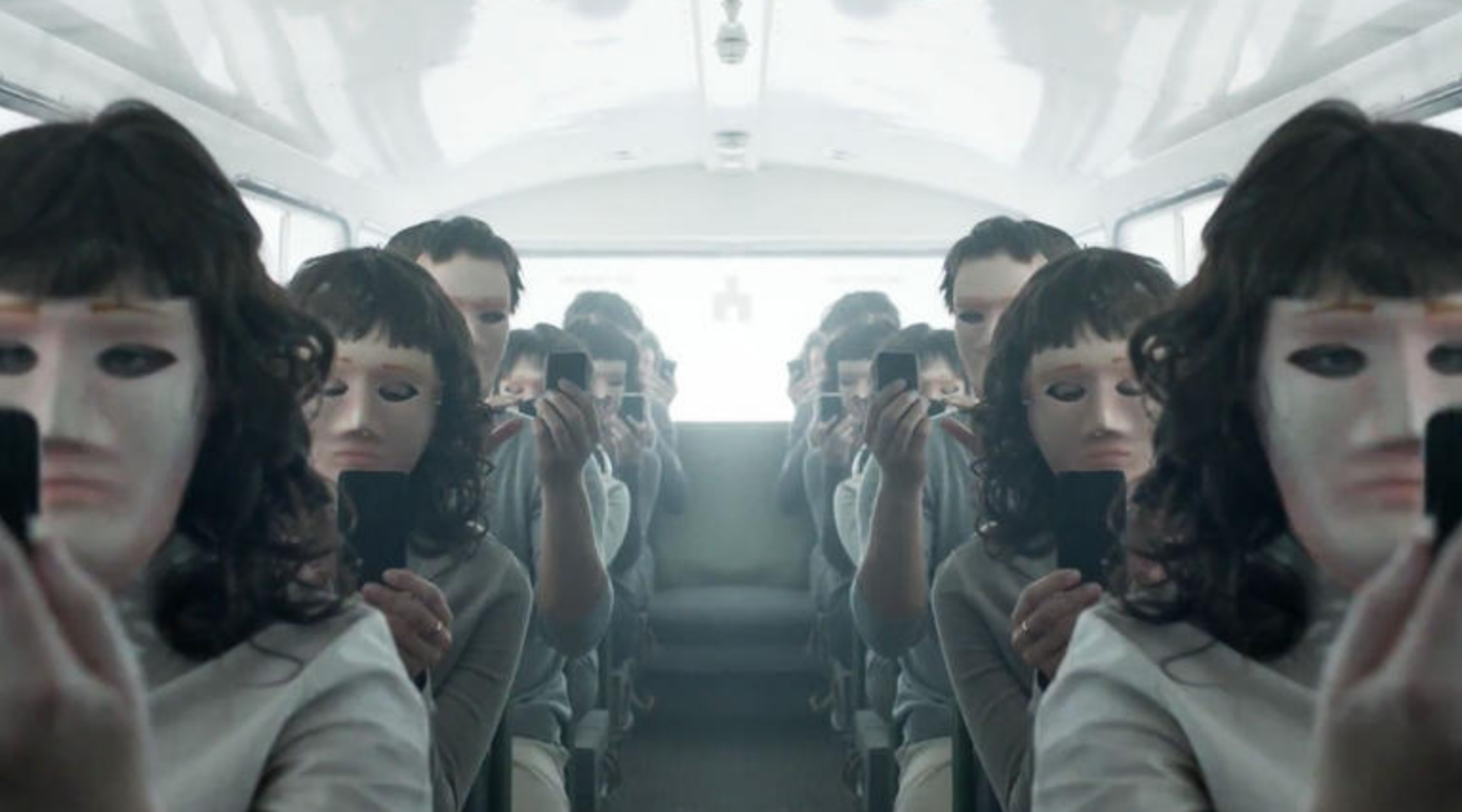
In a recent interview, the creator and primary writer of the British anthology series, Black Mirror, Charlie Brooker, offered the following commentary on selves and social media.
Social media has made it…, and the internet and technology in general, has sharpened all of those things — I guess they’ve always been there, that performative nature of life, has always been there, that you sort of perform your personality, I guess, to everyone, on some level. I remember…, my theory is that we’ve got…, that we used to have several personalities and now we’re encouraged to have one, online. By which I mean…, I remember once having a birthday party and people from different aspects of my life showed up…, and I behaved differently with all of these people, in the real world, but once they were all together in one space, and they were all mingled in, in one group, if I walked over to them I suddenly didn’t know how to speak. Do you know what I mean? Because like, with some of them I’d try to be all intellectual and erudite and with others I’d just swear and curse and be an idiot. And suddenly when they’re all in one space I don’t know who I am. And I kind’a feel like one sort of thing is that online you’re encouraged to perform one personality for everyone. And I wonder if that’s one of the things that’s feeding into the kind of polarization that seems to be going on…. I think that lends itself to group-think, in some way… I wonder if we’re better equipped to deal with having slightly different personas…, that come out when you interact with different types of people.
For the full interview, see 28:46 onward from this episode of Fresh Air.
Watch the trailer for the newly released third season:

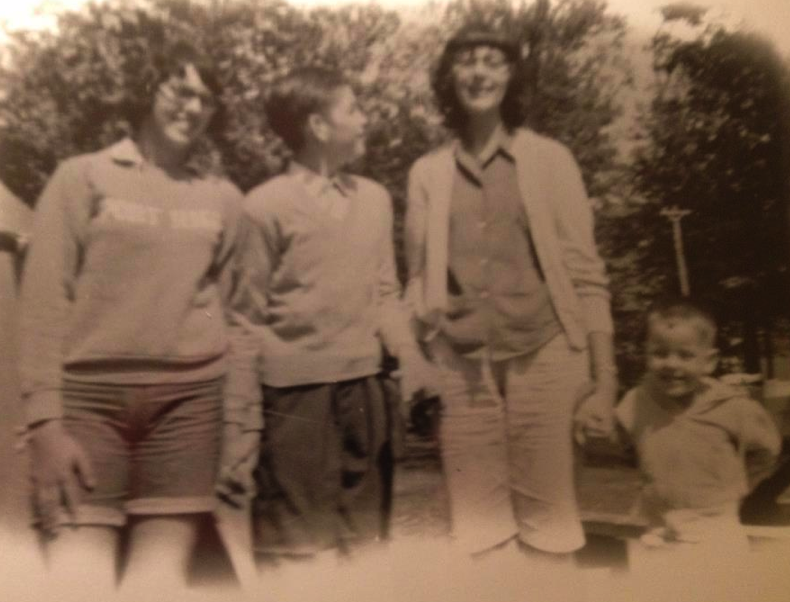


 It’s hard not to know about the penchant for cosplay (short for “costume play”) that’s all over the internet — where people dress up like characters and attend conferences or engage in various forms of role playing. Some consider it a hobby, others call it performance art.
It’s hard not to know about the penchant for cosplay (short for “costume play”) that’s all over the internet — where people dress up like characters and attend conferences or engage in various forms of role playing. Some consider it a hobby, others call it performance art.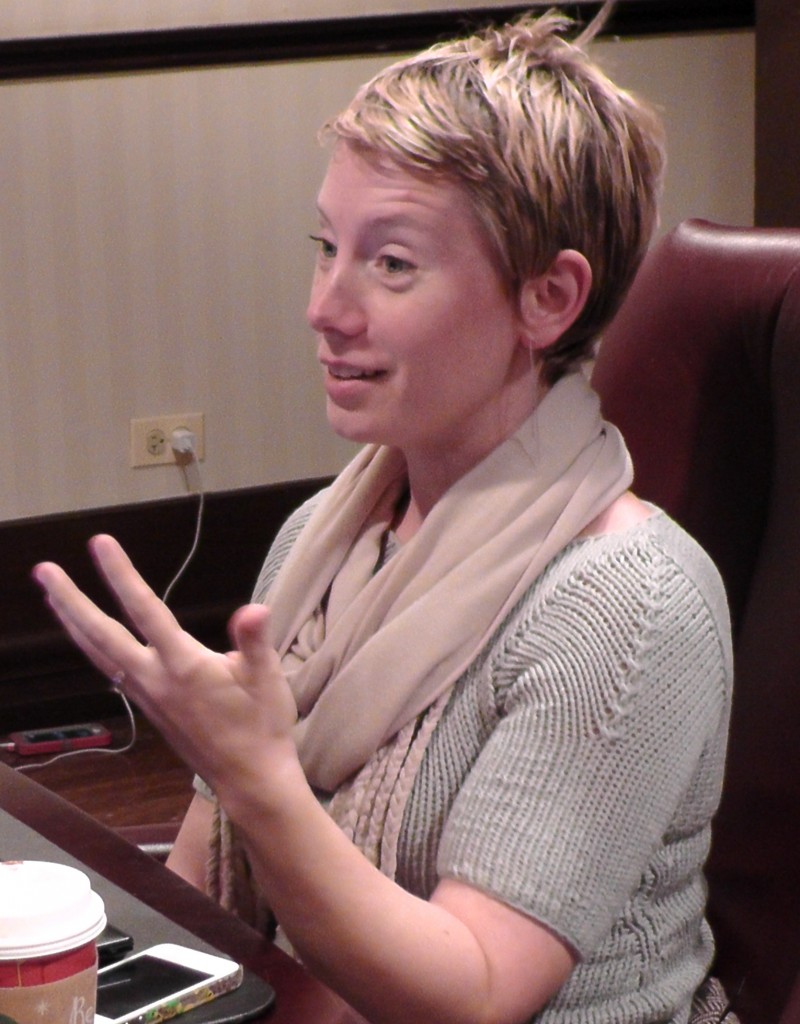 Q:
Q: 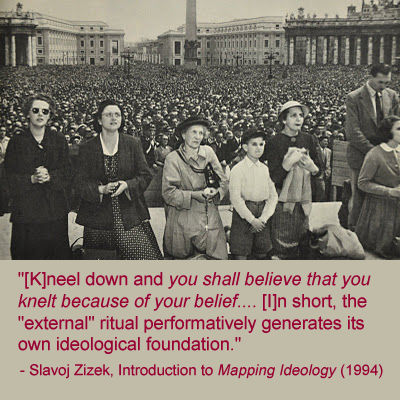 Read
Read 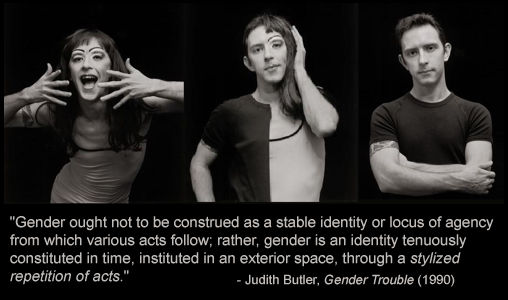 Read
Read